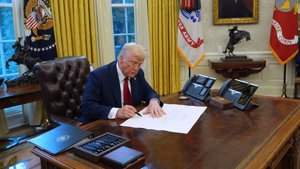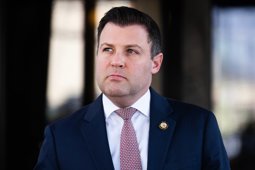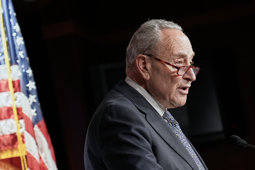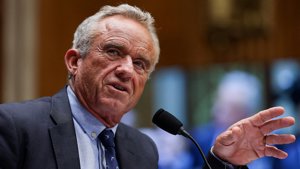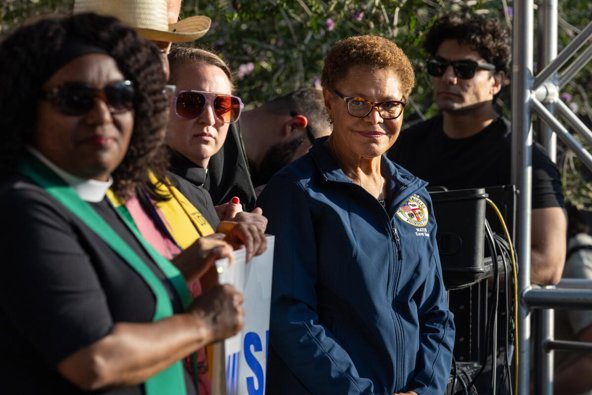
LA Mayor, Trump White House Clash Over Immigration Policy
LA Mayor Bass orders cash aid for immigrants as Trump administration bars access to federal benefits, intensifying policy clash.
Los Angeles and White House Take Opposing Stands on Immigration
The debate over immigration policy reached a new intensity this week as Los Angeles Mayor Karen Bass signed an executive order providing support and cash assistance to undocumented immigrants, while the Trump administration moved to block access to more than $40 billion in federal benefits for those residing in the country illegally. The conflicting actions highlight a deepening divide between local and federal authorities on how to address the needs and enforcement priorities surrounding America’s undocumented population.
At a press conference Friday, Bass outlined her directive aimed at strengthening protocols for city workers and protecting immigrant communities from ongoing federal raids. The order includes a requirement that city departments develop training and procedures to comply with Los Angeles’ sanctuary city law, as well as a call for federal agencies to provide detailed records on enforcement actions and their costs. “There is a need for me to have an executive directive to help our city understand how to protect itself from our federal government,” Bass stated, referencing six weeks of unpredictable raids targeting immigrant neighborhoods across the city.
The executive order also mandates plans for distributing cash cards—containing “a couple hundred” dollars each—to affected individuals, with the support of local immigrant rights groups and philanthropic organizations. The funding, Bass emphasized, will not come from city coffers. “The directive will help city workers know how to address immigration officials should they approach a city department,” Bass explained, reinforcing her administration’s stance against federal enforcement operations.
White House Moves to Restrict Access to Federal Benefits
Meanwhile, the White House announced sweeping restrictions that will bar illegal immigrants from participating in more than 15 federal assistance programs, affecting $40 billion in public spending. Spokesperson Taylor Rogers stated that illegal immigrants will no longer be able “to steal public benefits at the expense of hardworking American taxpayers,” underscoring the Trump administration’s “America First” approach to public policy.
Programs newly restricted include those overseen by the Department of Health and Human Services, as well as others under Education, Agriculture, Labor, and Justice. The White House detailed that government health services such as Head Start, substance abuse programs, family planning benefits, and workforce scholarships are now off-limits for undocumented immigrants. The move fulfills President Donald Trump’s campaign promises of stricter immigration enforcement and reducing what the administration calls wasteful government spending.
White House press secretary Karoline Leavitt sought to reassure the public that the latest bill—known as the One Big Beautiful Bill Act—would not cut benefits for Americans in need. “This bill protects Medicaid … for those who truly deserve this program, the needy, pregnant women, children and sick Americans who physically cannot work. It ensures that able-bodied Americans who can work 20 hours a week are actually doing so,” Leavitt said. She added that the reforms would eliminate waste, fraud, and abuse, removing about 1.4 million illegal immigrants from the Medicaid rolls.
Experts and think tanks weighed in on the new requirements, which include work obligations for able-bodied Medicaid recipients, calling the changes “common-sense administrative” reforms intended to increase accountability and ensure that taxpayer funds serve those legally entitled to benefits.
As the battle over immigration enforcement and aid continues, Los Angeles remains at odds with the Trump administration, which has vowed to expand its operations regardless of local resistance. The legal, political, and humanitarian consequences of these dueling policies will likely shape the national immigration debate in the months ahead, with cities and states taking increasingly divergent paths in the face of federal directives.

